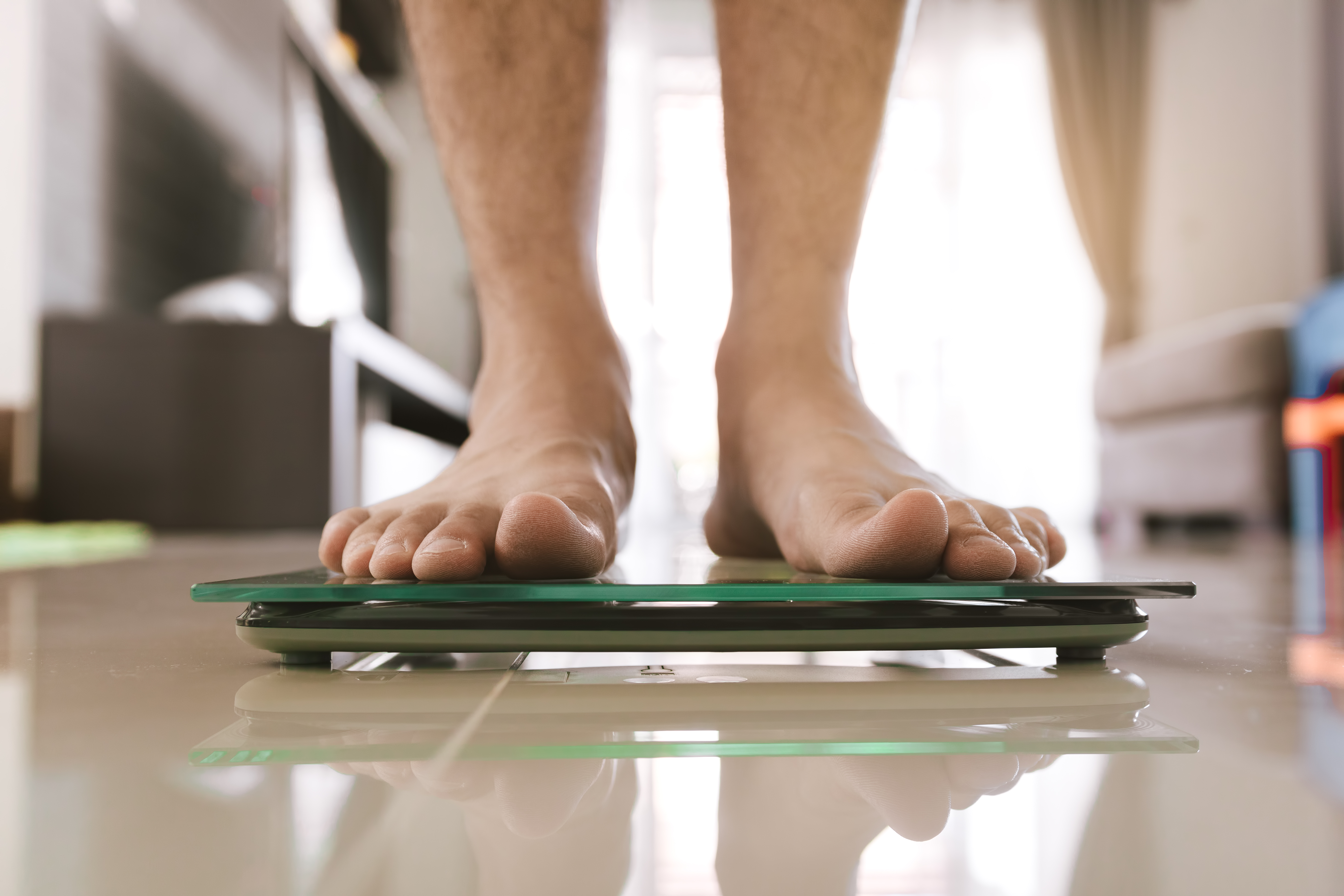If you’re among the 10% of adults who suffer from restless leg syndrome (RLS), check the scale. New research from Harvard Medical School suggests obese individuals are 1½ times more likely to suffer from this nighttime ailment, characterized by a prickling, crawling sensation and the urge to move the legs for temporary relief.
Looking at the prevalence of RLS among 88,667 men and women, researchers found the obese were at 42% increased risk of the disorder. Excess abdominal fat posed a particular threat: Those with the largest waist circumference faced a 60% increased risk. The findings represent an association — not a cause — and indeed it’s possible that the sleep deprivation which results from RLS could be contributing to obesity (as opposed to the other way around).



